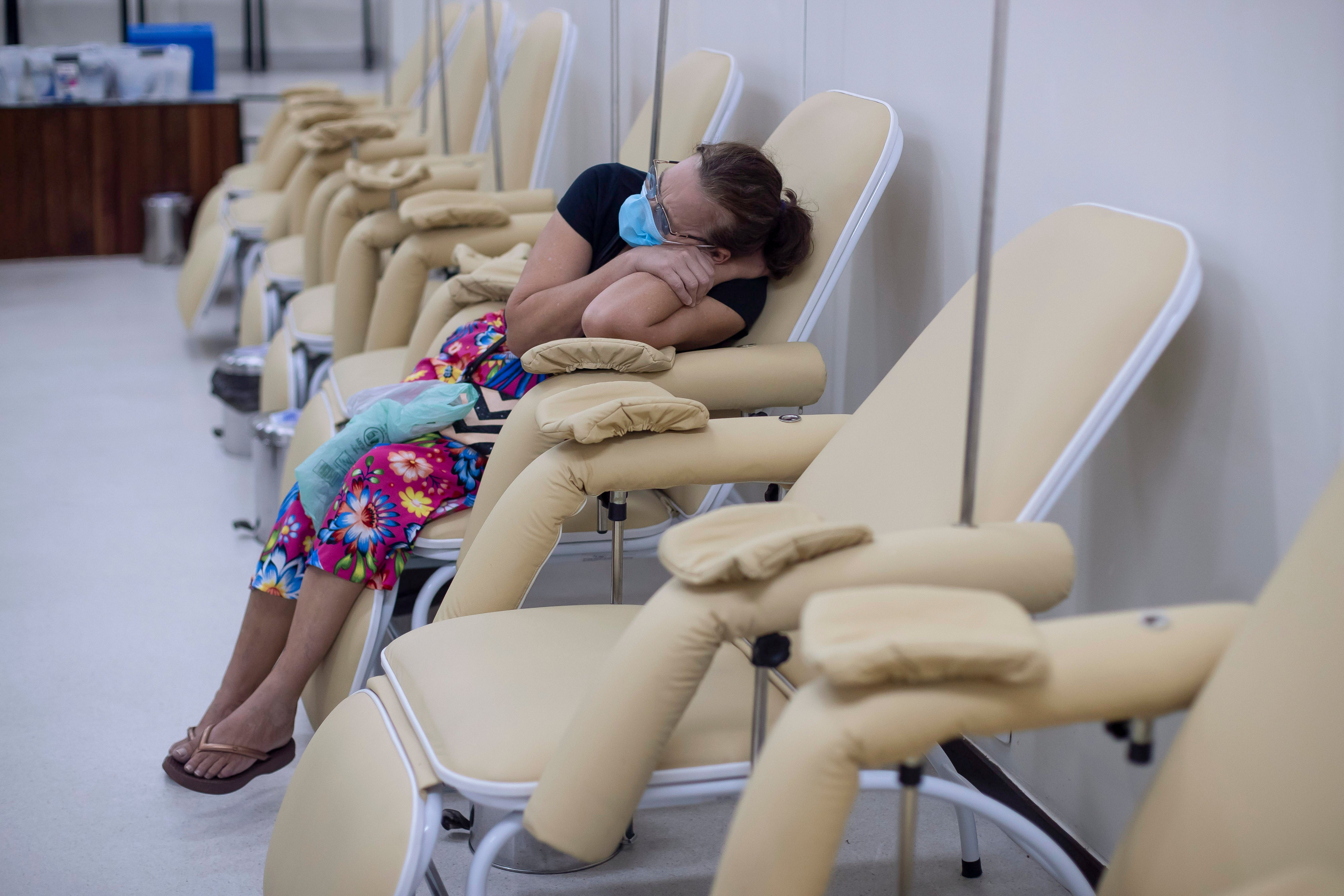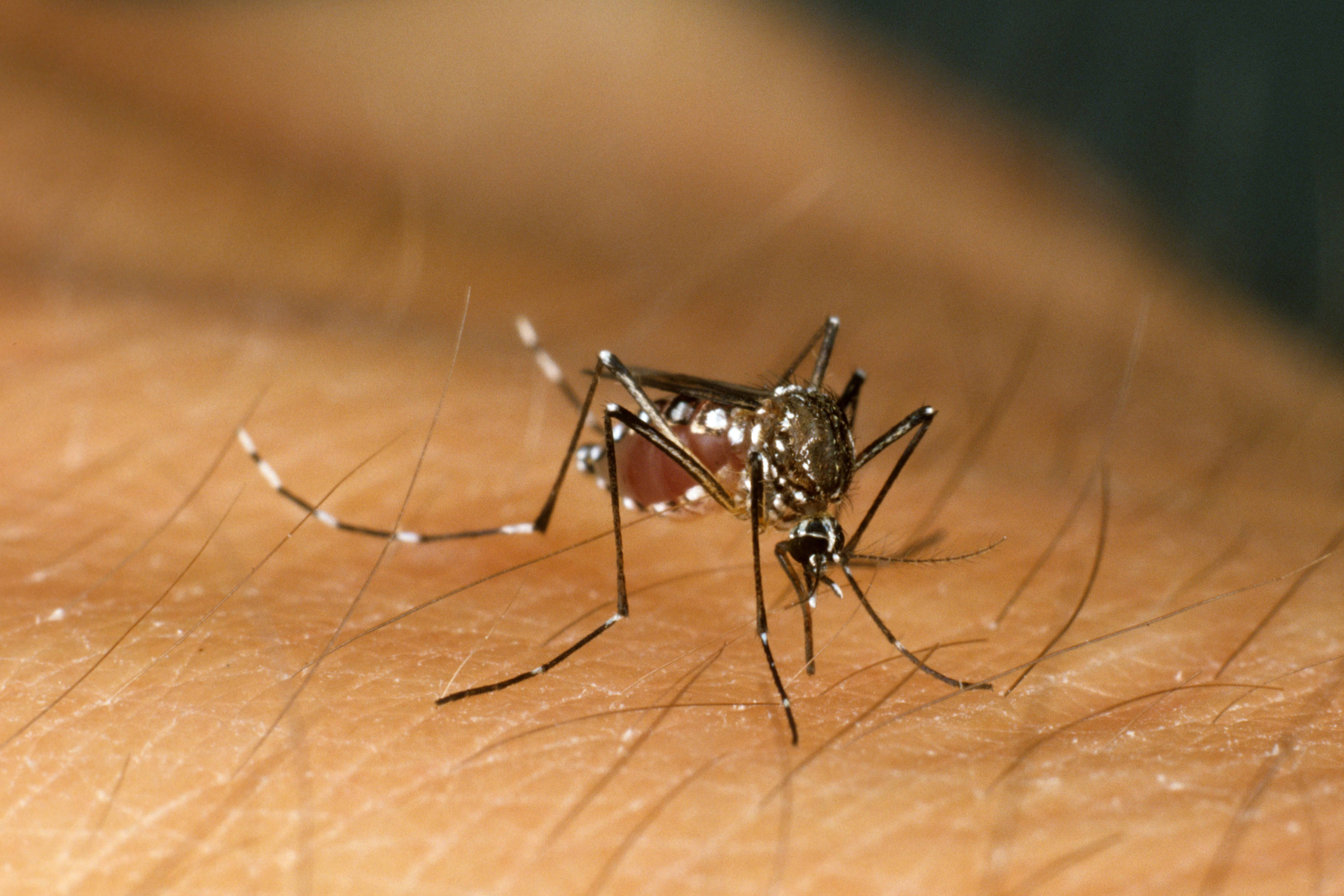Urgent health warning issued to people travelling abroad this summer
Travellers should consult a GP, nurse, pharmacist or travel clinic four to six weeks before their trip

Your support helps us to tell the story
From reproductive rights to climate change to Big Tech, The Independent is on the ground when the story is developing. Whether it's investigating the financials of Elon Musk's pro-Trump PAC or producing our latest documentary, 'The A Word', which shines a light on the American women fighting for reproductive rights, we know how important it is to parse out the facts from the messaging.
At such a critical moment in US history, we need reporters on the ground. Your donation allows us to keep sending journalists to speak to both sides of the story.
The Independent is trusted by Americans across the entire political spectrum. And unlike many other quality news outlets, we choose not to lock Americans out of our reporting and analysis with paywalls. We believe quality journalism should be available to everyone, paid for by those who can afford it.
Your support makes all the difference.Travellers are being urged to plan ahead and take precautions amid a rise in infections, such as dengue and malaria, to pre-pandemic levels.
Cases of the mosquito-borne diseases have risen to levels not seen since 2019, the UK Health Security Agency (UKHSA) warned.
Dengue is not usually serious but can be severe in some cases, with symptoms similar to flu.
Malaria causes a fever, headaches, confusion and muscle pains among other symptoms and can be fatal.
You can not catch either infection from another person.
Last year, some 634 dengue cases were reported in England, Wales and Northern Ireland, similar to the 2019 level of 790.
The majority of the people who caught the disease did so while travelling to Southern and South East Asia, particularly India.
There was also a spike in cases from Central America and the Caribbean, the UKHSA said.
From January to October 2023, some 1,637 cases were also confirmed in England.
This is similar to the 1,719 reported in the UK in the year before the Covid-19 pandemic, as well as the annual average of 1,612 cases between 2010 and 2019.
Dr Dipti Patel, director of the National Travel Health Network and Centre, said: ”If you are making plans to travel abroad this year, please take a moment to prioritise your health and plan ahead.
“When you return to the UK, if you feel unwell, seek medical attention and ensure you inform your healthcare provider that you have been travelling recently.”
There was also eight cases of Zika virus in England in 2023, a similar level to 2022.
The Travel Health Pro website, which is supported by the UKHSA, provides information on health risks in countries across the world.
It recommends travellers should consult a GP, nurse, pharmacist or travel clinic four to six weeks before their trip for advice on vaccinations.

UKHSA also urged travellers to ensure they are fully up to date with their measles, mumps and rubella (MMR) jabs, especially if going abroad with children.
It warned that returning from countries with a high circulation of measles could make the outbreak in England worse.
There have been 730 cases of measles in England since October last year.
Dr Philip Veal, a consultant in public health at the UKHSA, said there are a number of simple steps a person can take to reduce the risk of infection, including using insect repellent, covering exposed skin and sleeping under a treated bed net.
“Even if you have visited or lived in a country before, you will not have the same protection against infections as local people and are still at risk,” he added.